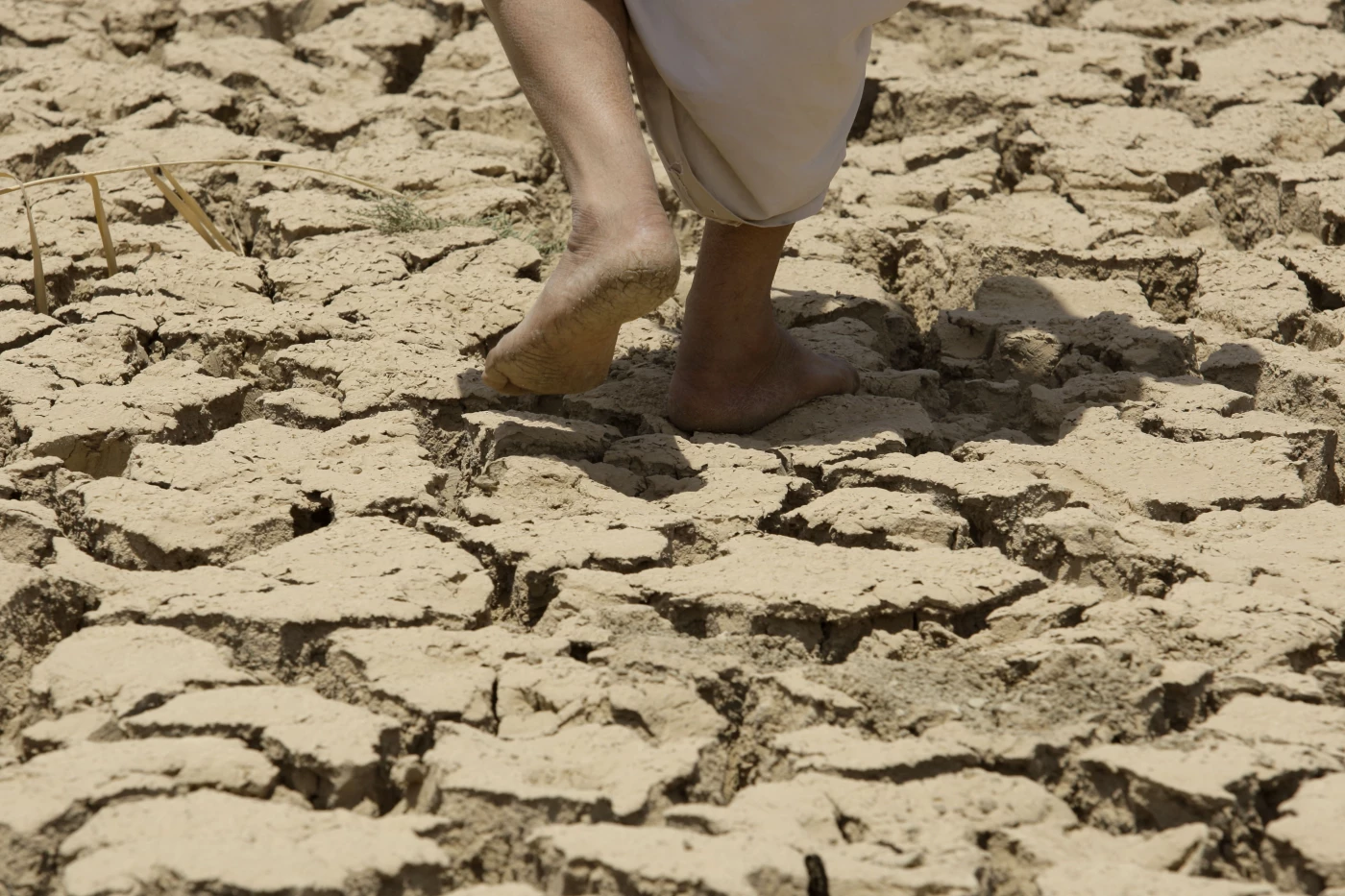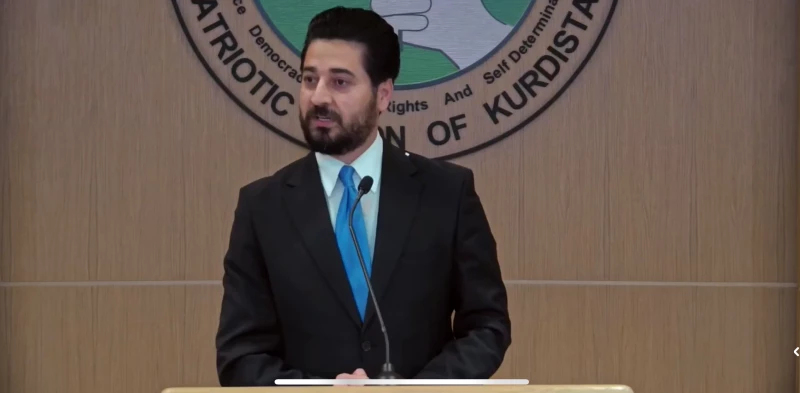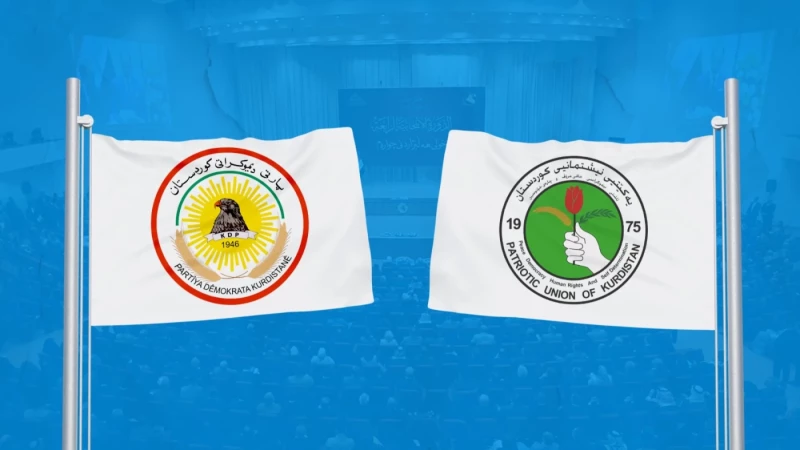ERBIL, Kurdistan Region of Iraq - Due to low amounts of rainfall, wheat production is expected to decrease by 50 percent in Erbil and Duhok provinces compared to last year, a dangerous development seen as threatening food security.
“Last year, nearly one million tons of wheat were produced in Erbil. This year, however, will see half of this amount,” Hemin Saed Murad, in charge of Erbil’s General Agriculture Department, told The New Region.
Duhok has also been gripped by low rainfall.
It is expected that only 250,000 tons of wheat will be produced in Duhok, down from last year’s 430,000 tons, said Ahmed Jameel, in charge of Duhok’s Agriculture Department.
Sulaimani and Halabja provinces are optimistic they will not face any damage this year, describing rainfall in the two areas as good.
“The state of arable lands planted with wheat in Sulaimani and Halabja provinces is good,” Nasrin Ahmed, in charge of Sulaimani province’s silos, told The New Region. “There will be minor impacts of drought on wheat production in the region.”
Despite the issue of low wheat production, the Iraqi government has made the situation appear worse, as Baghdad has decided to reduce the procurement of wheat from Kurdish farmers from 700,000 to 400,000 tons.
Baghdad sets a quota of wheat to be purchased directly from farmers every year at a fixed price, higher than the market rate, to support domestic agriculture and ensure food security.
For the 2024/2025 season, Baghdad set the price of one ton of wheat at 850,000 dinars.
The Iraqi government has decided to cut planting by 50 percent this year, from nine million dunams to 4.8 million dunams of land, with the Iraqi agriculture ministry attributing the decision to lower rainfall, signaling that the country may suffer drought.



 Facebook
Facebook
 LinkedIn
LinkedIn
 Telegram
Telegram
 X
X


